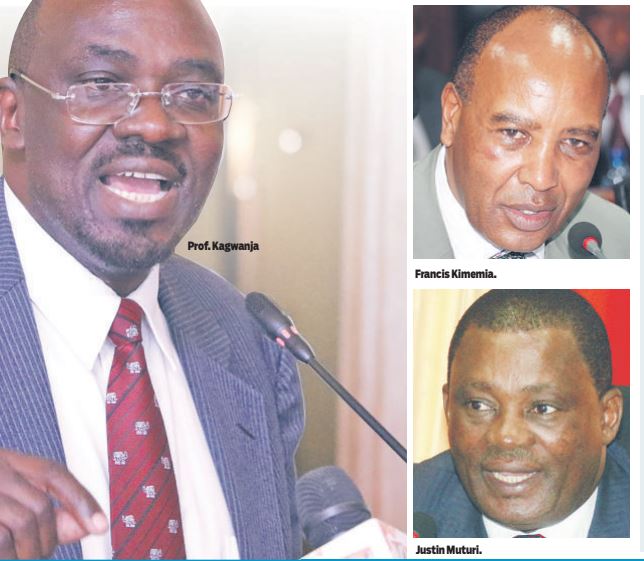×
The Standard e-Paper
Stay Informed, Even Offline

Leaders from Mt. Kenya have intensified their meetings as part of what they refer to as setting pre-2022 development agenda and asserting their right to meet, in the view of assassination allegations against Deputy President William Ruto.